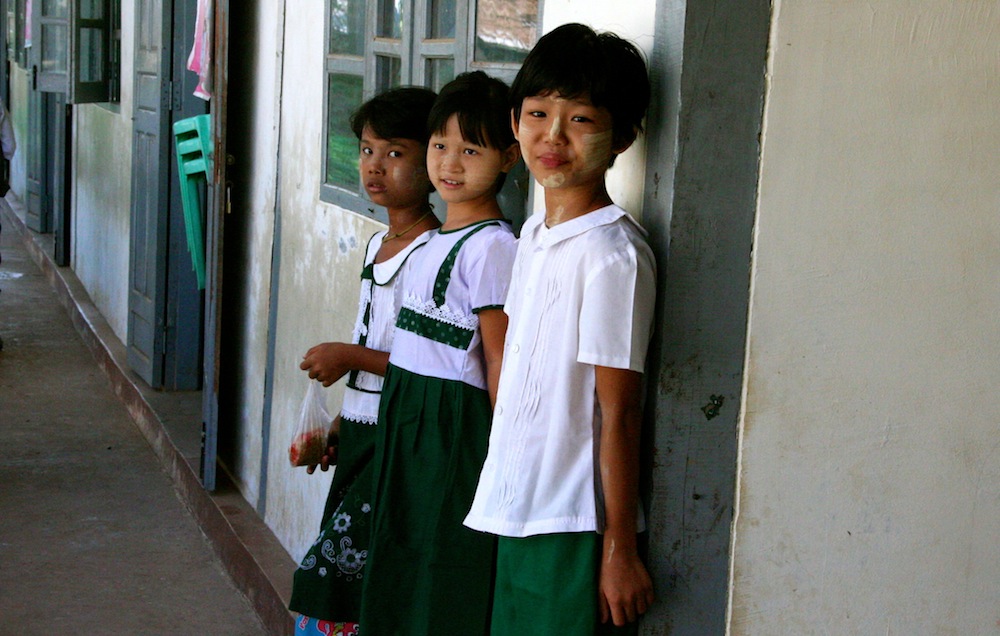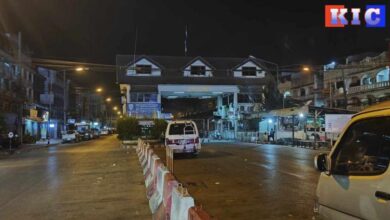2016 Health Warning – Dengue Fever Still With Us

Naw Tender runs a small clinic in a converted room in her house in Htaw Ywae village in Karen State and said 2015 was a hard year for dengue fever.
“We have had 15 cases in December alone, it is still a big a problem, altogether we treated 653 cases this year. We had a eight-year-old girl die – she had severe dengue, she got to hospital [in Hpa-an], but it was too late.”
It takes about 90 minutes to travel the 60kms from Naw Tender’s clinic to Hpa-an hospital.
Ms Aya Tabata, the director of the Stop Dengue, Protect your Family campaign agreed with Naw Tender’s assessment and said it reflects estimates by Thailand’s Public Health Ministry that had documented that 141 people had died and as many as 141,375 cases of dengue fever were recorded for 2015.
Ms Aya Tabata, blamed unusual weather conditions along the Thai Burma border that allowed the Aedes mosquito to keep breeding.
“We had rain in November and December and that was followed by hot weather – we missed most of the cold weather that we normally have at this time of the year.
She said public awareness campaigns played a crucial part in the control of dengue.
“If people are made aware of what they have to do and when they need to do it and can understand the information it can have a massive impact on curbing the mosquitoes breeding.”
Ms Tabata said the Stop Dengue campaign was evaluating data from the 2015 campaign to assess and improve its materials.
“Research shows that school students are a high risk group. Thailand’s Ministry of Health’s Department of Disease Control found that as of July 27, 2015 – 39,597 people had been diagnosed by a Thai hospital with dengue fever. The MoH statistics found that almost one in two of those infected were school students, a staggering 42.8% in 2015.”
She said the MoH research had revealed a direction and provided a focus for the Stop Dengue to explore. Ms Tabata, a health professional who has worked on the Thai-Burma border for three years, warned that there is an urgent need for health education campaigns to target schools.
“We are talking to schools and students to see what type of materials we will develop for the 2016 campaign. Teachers have indicated that easy-to-understand and to use fact sheets would be of a great value. The Stop Dengue campaign will be working to develop materials that will benefit and be useful for the different communities.”
She said that it was still critical for people to continue to follow the Stop Dengue campaign message.
“We ask people to do five basic things — get rid of rubbish around the house, use larvicide in the still water, use a mosquito repellent, sleep or rest under a mosquito net (both night and day), and wash out water containers every week and cover them”.
Ms Tabata urged people to clean up their gardens, around the house and to clean and cover all water containers and flower vases and said that for “any Stop Dengue campaign to work, it has to be a concentrated effort by everyone – the community, health officials and district officers.”




